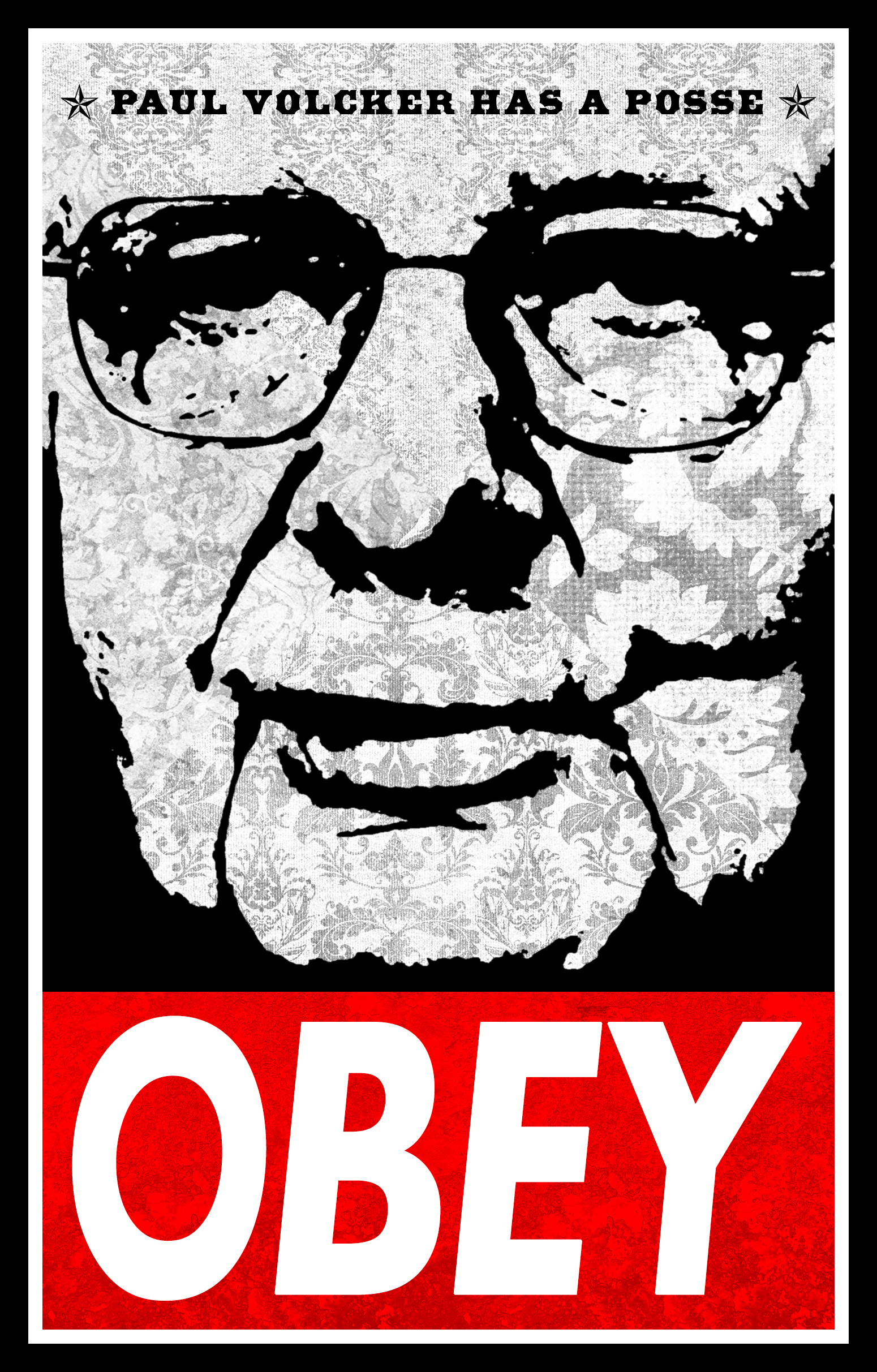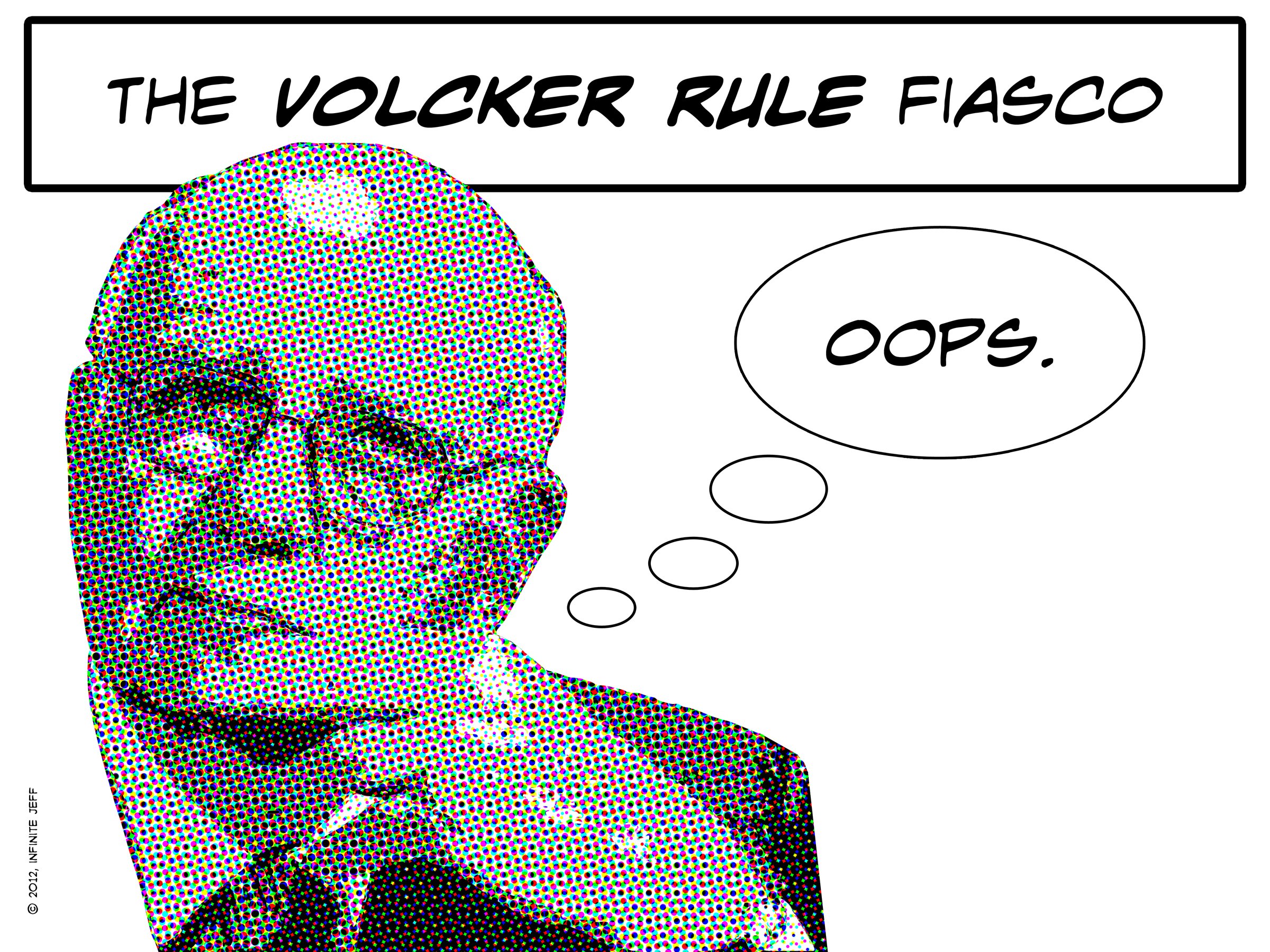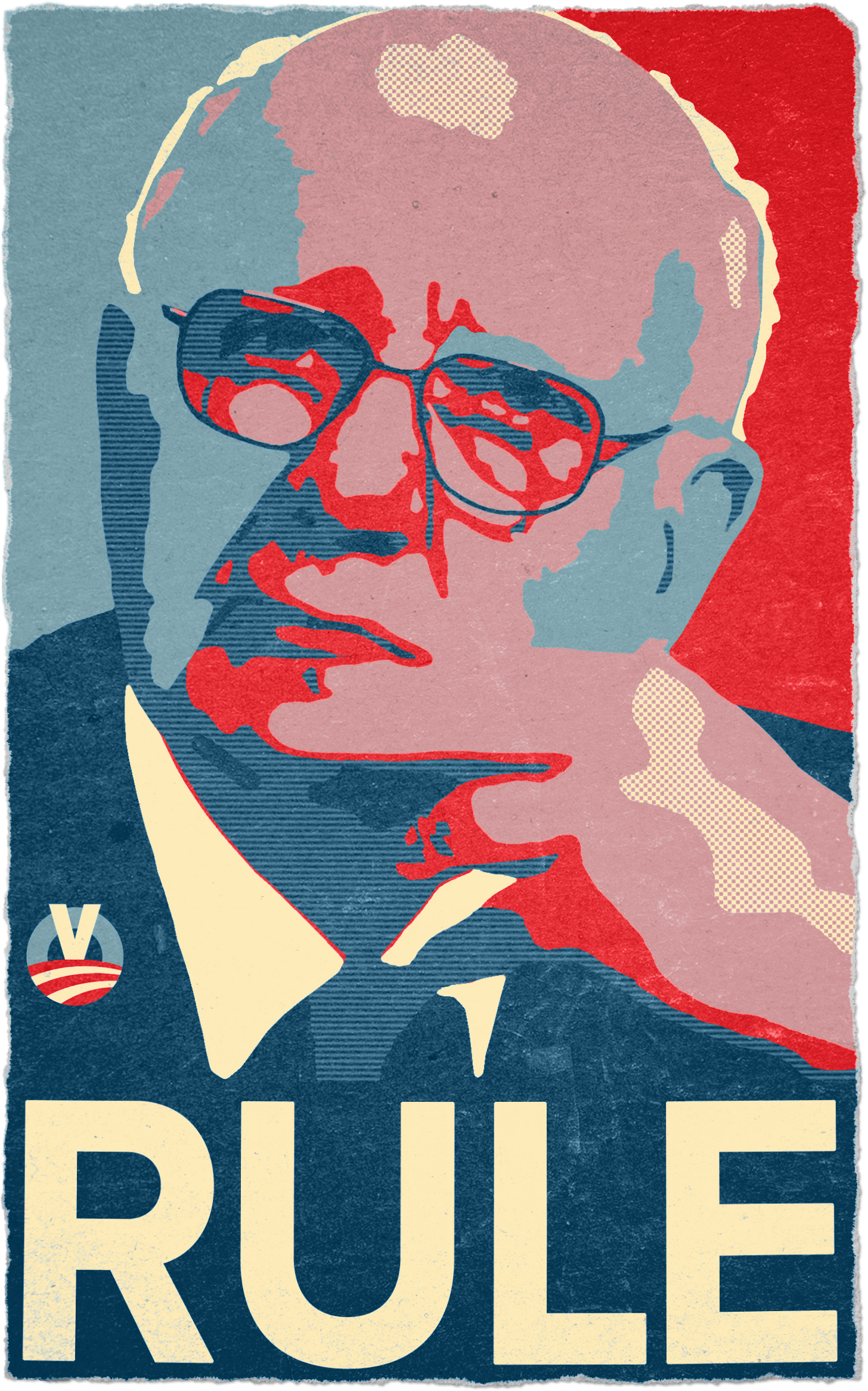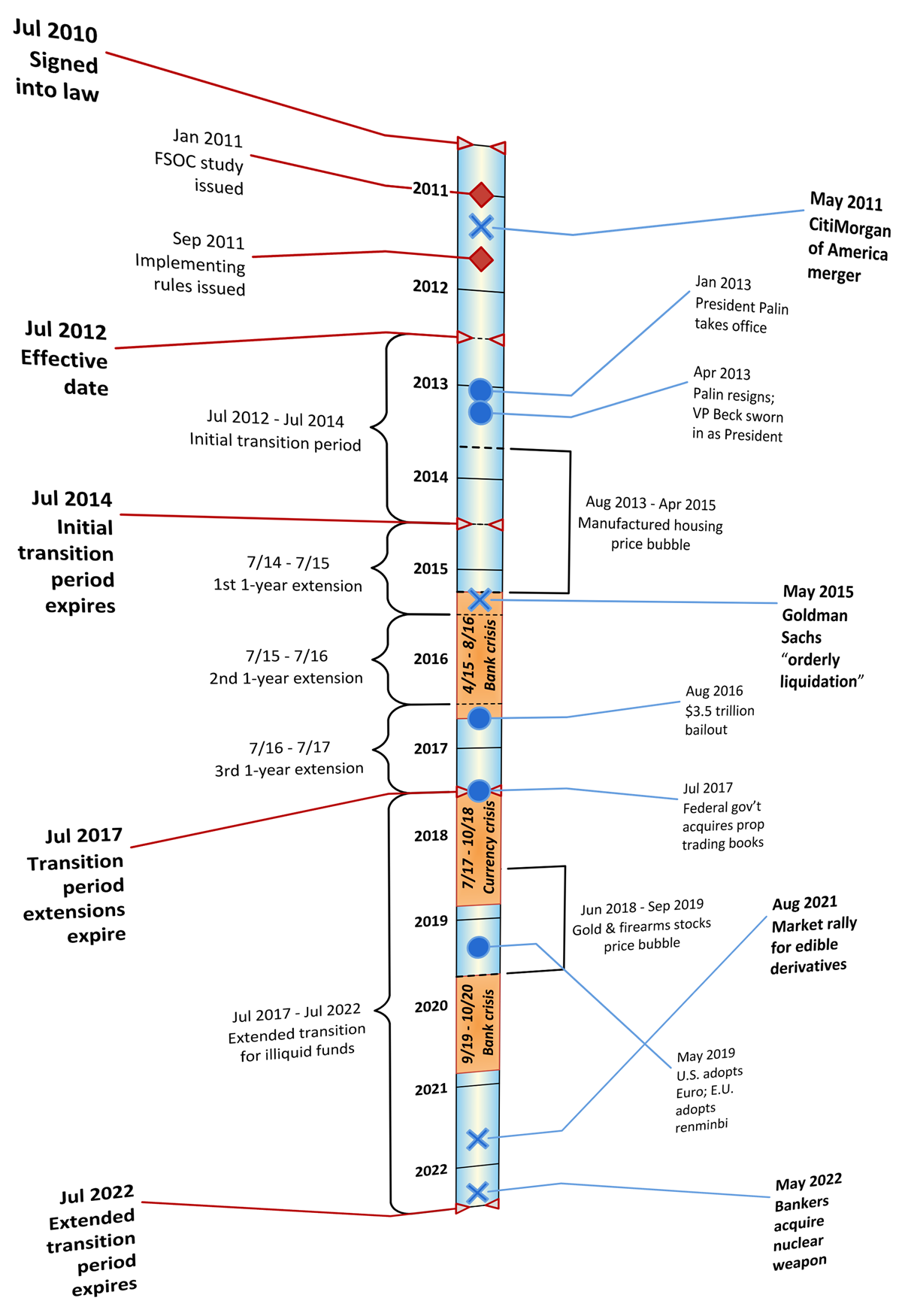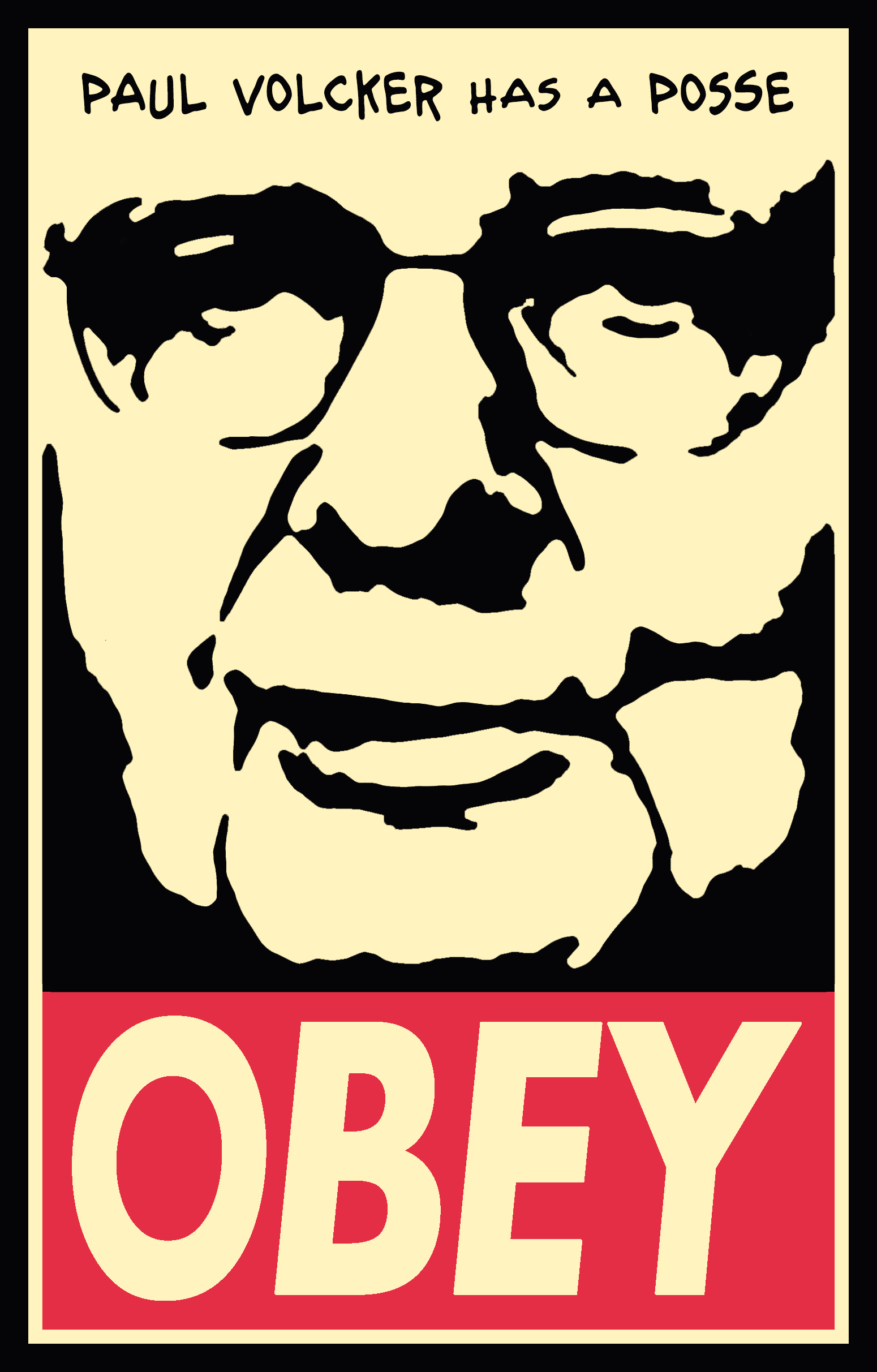
dodd-frank
Unscrupulous tipsters and touts
From the legislative history of the U.S. Investment Advisers Act of 1940:
Not only must the public be protected from the frauds and misrepresentations of unscrupulous tipsters and touts, but the bona fide investment counsel must be safeguarded against the stigma of the activities of these individuals. Virtually no limitations or restrictions exist with respect to the honesty and integrity of individuals who may solicit funds to be controlled, managed, and supervised. Persons who may have been convicted or enjoined by courts because of perpetration of securities fraud are able to assume the role of investment advisers. Individuals assuming to act as investment advisers at present can enter profit-sharing contracts which are nothing more than “heads I win, tails you lose” arrangements. Contracts with investment advisers which are of a personal nature may be assigned and the control of funds of investors may be transferred to others without the knowledge or consent of the client.
S. Rep. No. 1775, Investment Company Act of 1940 and Investment Advisers Act of 1940, 76th Cong., 3d Sess., 21-22 (1940).
“UnSCRUpulous TIPsters and TOUTS.” An alliterative, rhythmic and evocative phrase.
EXEMPTION
On November 19, 2010, the Securities and Exchange Commission (SEC) issued proposed rules relating to provisions of the Dodd-Frank Act that expand the SEC’s regulatory authority over investment advisers to include many more investment advisers to private equity and hedge funds, subject to certain exemptions.
Later, a non-U.S. investment adviser went to the SEC’s Division of Investment Management to get a Foreign Private Adviser Exemption, as described in the Dodd-Frank Act.
This is the story of that investment adviser.
